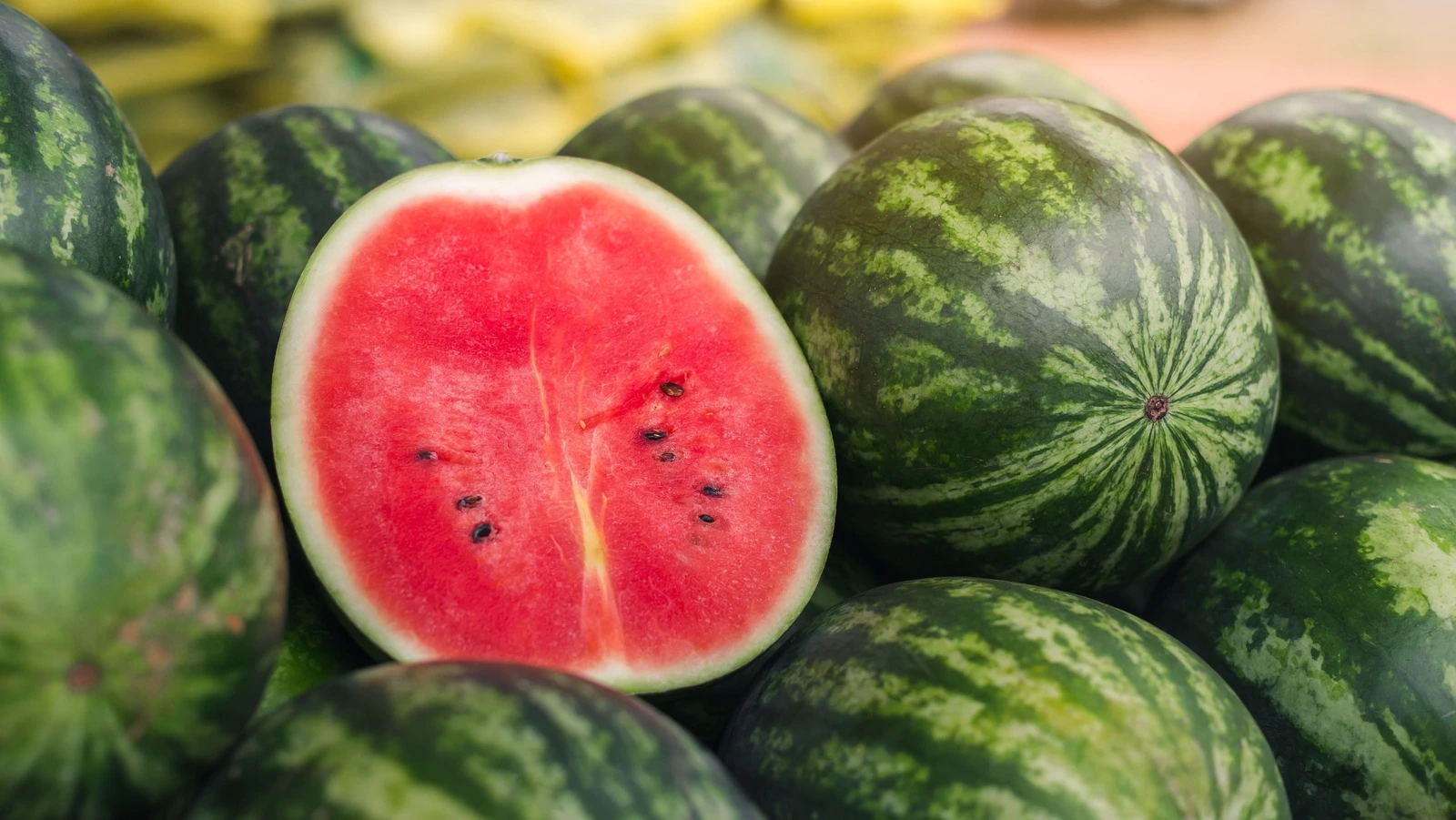Introduction
Watermelon is a popular summer fruit that is loved by people all around the world. It is believed to have originated in Africa, where it has been grown for thousands of years. Watermelon seeds are often discarded while eating the fruit, but they are actually a nutritious and healthy part of the plant. In this essay, we will explore the health benefits of watermelon seeds and how they can be incorporated into our diet.
1. Nutritional Profile of Watermelon Seeds
Watermelon seeds are a rich source of macronutrients and micronutrients. They contain protein, healthy fats, and carbohydrates. They are also a good source of vitamins and minerals, including magnesium, potassium, zinc, and iron. When compared to other nuts and seeds, watermelon seeds have a similar nutritional profile, making them a healthy addition to our diet.
2. Antioxidant Properties of Watermelon Seeds
Antioxidants are compounds that protect our body against damage caused by free radicals. Free radicals are unstable molecules that can cause oxidative stress, which is associated with many chronic diseases. Watermelon seeds contain antioxidants, such as flavonoids and phenolic compounds, which help to protect our body against oxidative stress. Research studies have shown that watermelon seeds have potent antioxidant properties, making them a beneficial food for overall health.
3. Digestive Health Benefits of Watermelon Seeds
Watermelon seeds are an excellent source of dietary fiber, which is essential for maintaining good digestive health. Fiber helps to regulate bowel movements, prevent constipation, and reduce inflammation in the digestive tract. Watermelon seeds also contain other digestive health benefits, such as reducing inflammation and easing constipation. Research studies have shown that watermelon seeds can improve digestive health, making them a great addition to our diet.
4. Cardiovascular Health Benefits of Watermelon Seeds
Watermelon seeds contain heart-healthy nutrients such as magnesium and potassium. These nutrients help to regulate blood pressure and reduce the risk of heart disease. Research studies have shown that consuming watermelon seeds can lower blood pressure and reduce the risk of heart disease. This makes watermelon seeds a beneficial food for promoting cardiovascular health.
5. Immune-Boosting Properties of Watermelon Seeds
Watermelon seeds contain immune-boosting nutrients such as zinc and vitamin C. These nutrients help to support our immune system, which helps to reduce the risk of infections and illnesses. Research studies have shown that consuming watermelon seeds can improve immune function, making them a great addition to our diet.
6. Other Potential Health Benefits of Watermelon Seeds
Watermelon seeds contain amino acids, which are essential for muscle function and recovery. They also contain vitamin E, which is important for maintaining healthy skin. Research studies are ongoing to investigate the potential health benefits of watermelon seeds, and more benefits may be discovered in the future.
7.How to Incorporate Watermelon Seeds into Your Diet
There are many ways to incorporate watermelon seeds into our diet. They can be roasted and added to salads or soups, or ground into a powder and added to smoothies or baked goods. It is important to note that some people may be allergic to nuts and seeds, and should avoid consuming watermelon seeds.
Conclusion
Watermelon seeds are a nutritious and healthy part of the watermelon plant. They contain a variety of nutrients and antioxidants that are beneficial for overall health. Incorporating watermelon seeds into our diet is easy and can be done in a variety of ways. Further research is needed to fully understand the potential health benefits of watermelon seeds, but they are a promising food for promoting good health.
